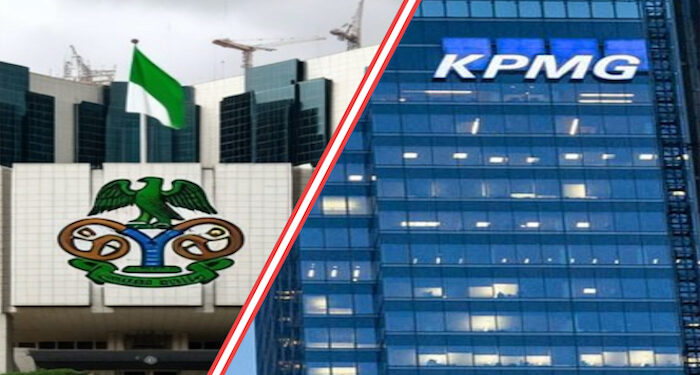KPMG, a global audit, tax, and advisory services company, has analyzed the recent decision by the Central Bank of Nigeria (CBN) to raise the Monetary Policy Rate (MPR) to 24.75 percent. While KPMG acknowledges that the decision could attract more portfolio investments, it also highlights potential drawbacks and trade-offs associated with the move.
The increase in the MPR, which represents a significant hike to its highest level in two decades, is viewed by KPMG as a step in the right direction. However, the firm argues that it might not be sufficient to address the country’s persistent inflationary pressures.
KPMG points out that despite the tightening of monetary policy, inflation in Nigeria remained elevated, reaching 31.7 percent in February 2024. This indicates the need for a more aggressive response from the central bank to tackle inflation effectively.
The firm suggests that while the higher MPR could attract greater foreign exchange (FX) inflows and potentially drive the appreciation of the Naira, it also poses risks. These risks include the possibility of sharp reversals in portfolio investments, which could occur if market signals change suddenly.
Moreover, KPMG warns that the policy decision could inadvertently slow down economic growth by further burdening the real sector with high borrowing costs and inflation. This, in turn, may discourage investments and adversely affect employment levels and overall economic growth.
The analysis emphasizes the importance of addressing Nigeria’s supply-side bottlenecks to effectively combat cost-push inflation. KPMG underscores the need for concerted efforts from both fiscal and monetary authorities to eliminate these bottlenecks and achieve price stability without sacrificing economic growth.
Additionally, the report touches on Nigeria’s high inflation rate, its impact on consumer spending, and the potential effects of a planned minimum wage increase. It suggests various policy measures to fund the minimum wage while mitigating its inflationary impact, including targeted social programs, gradual phase-ins, and tailored policies for specific sectors.
In terms of policy outlook, KPMG projects marginal GDP growth for Nigeria in 2024, alongside high debt-servicing costs due to increased borrowing. It emphasizes the importance of effective policy implementation and prudent debt management to steer the economy toward the desired trajectory of stability and growth.
Finally, the analysis notes that the Nigerian currency is currently undervalued, highlighting implications for purchasing power parity and exchange rate dynamics.
In summary, KPMG’s analysis provides insights into the implications of CBN’s monetary tightening decision, highlighting both potential benefits and risks for Nigeria’s economy.


